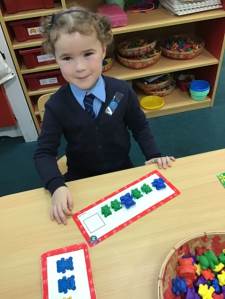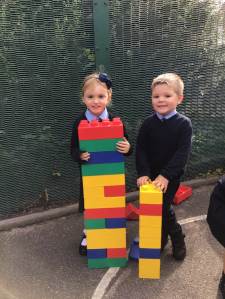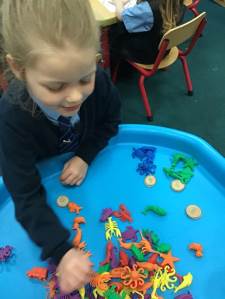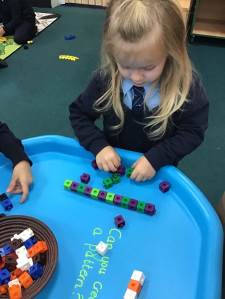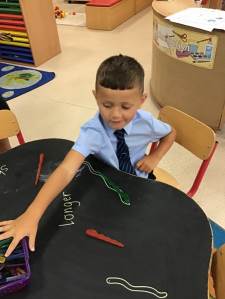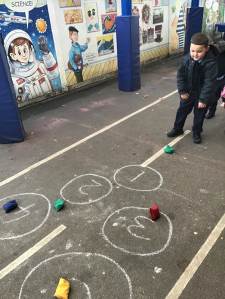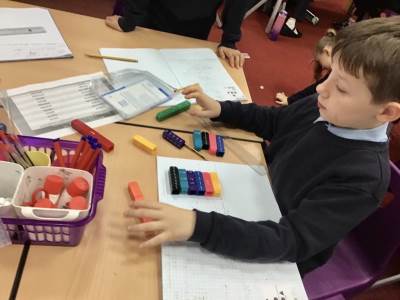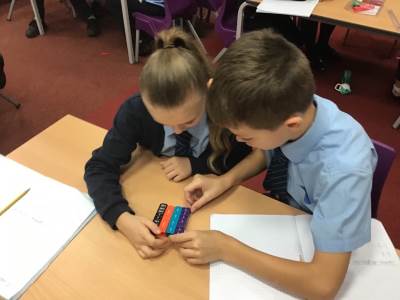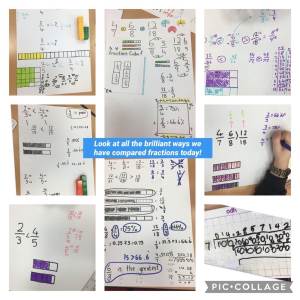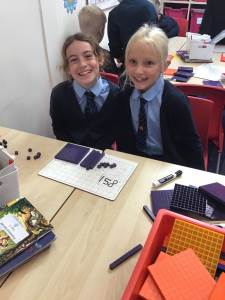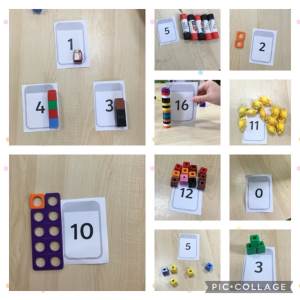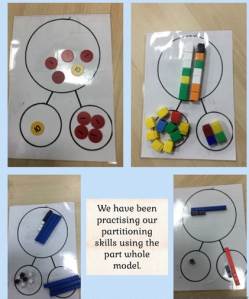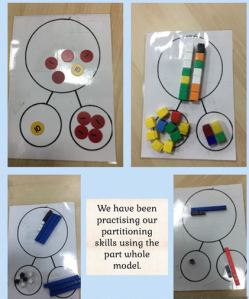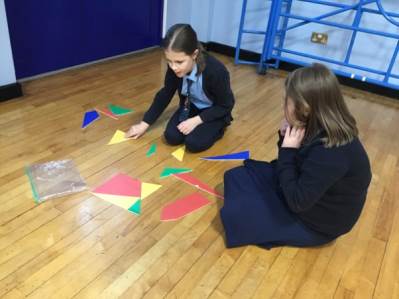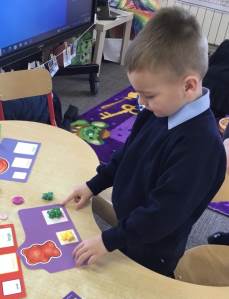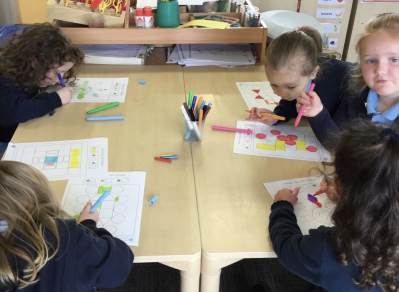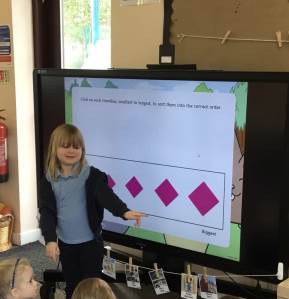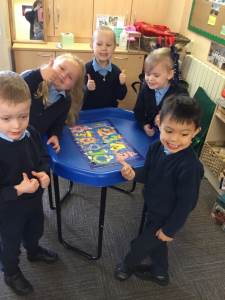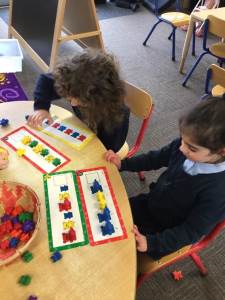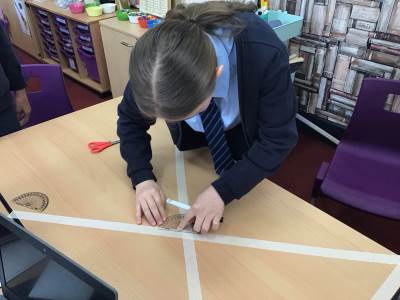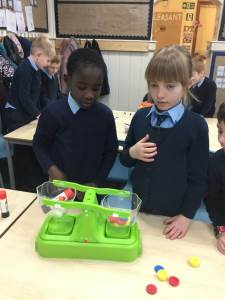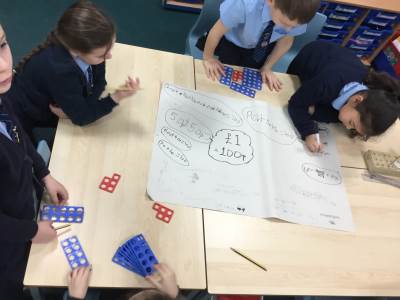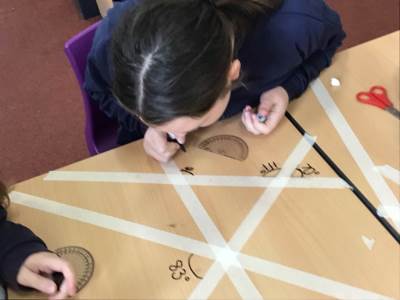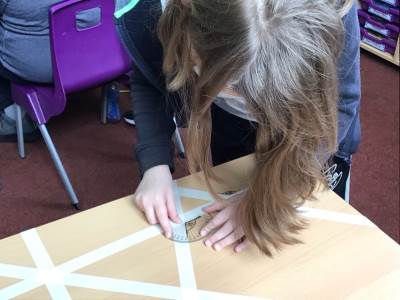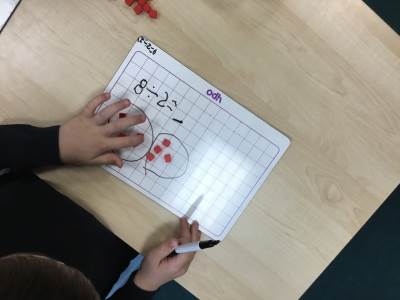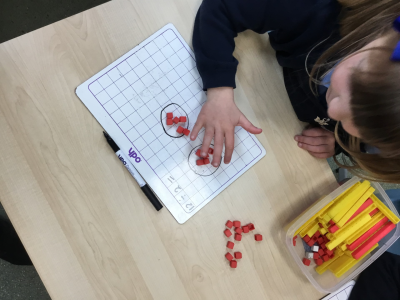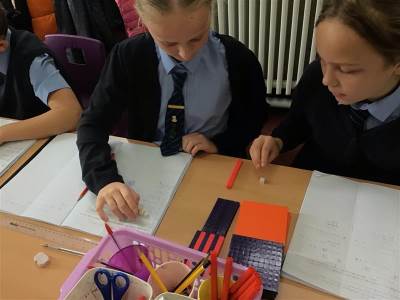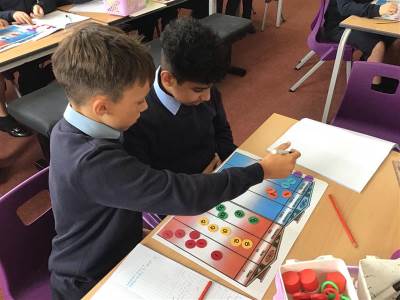Mathematics
Curriculum Subject Lead - Mrs M Phillips
Through our teaching at Mount Pleasant, we strive to develop and instil an attitude of positivity and pride in the children’s approach to mathematics. Our ethos is underpinned by the belief that all children need a deep understanding of the mathematics they are learning. We believe it is important to devote time to concepts, building upon prior learning and spending time to embed learning. We refer to this as our 'Linger Longer' approach. This enables children to master the mathematics curriculum and represent their learning in different ways through the concrete-pictorial-abstract approach (CPA).
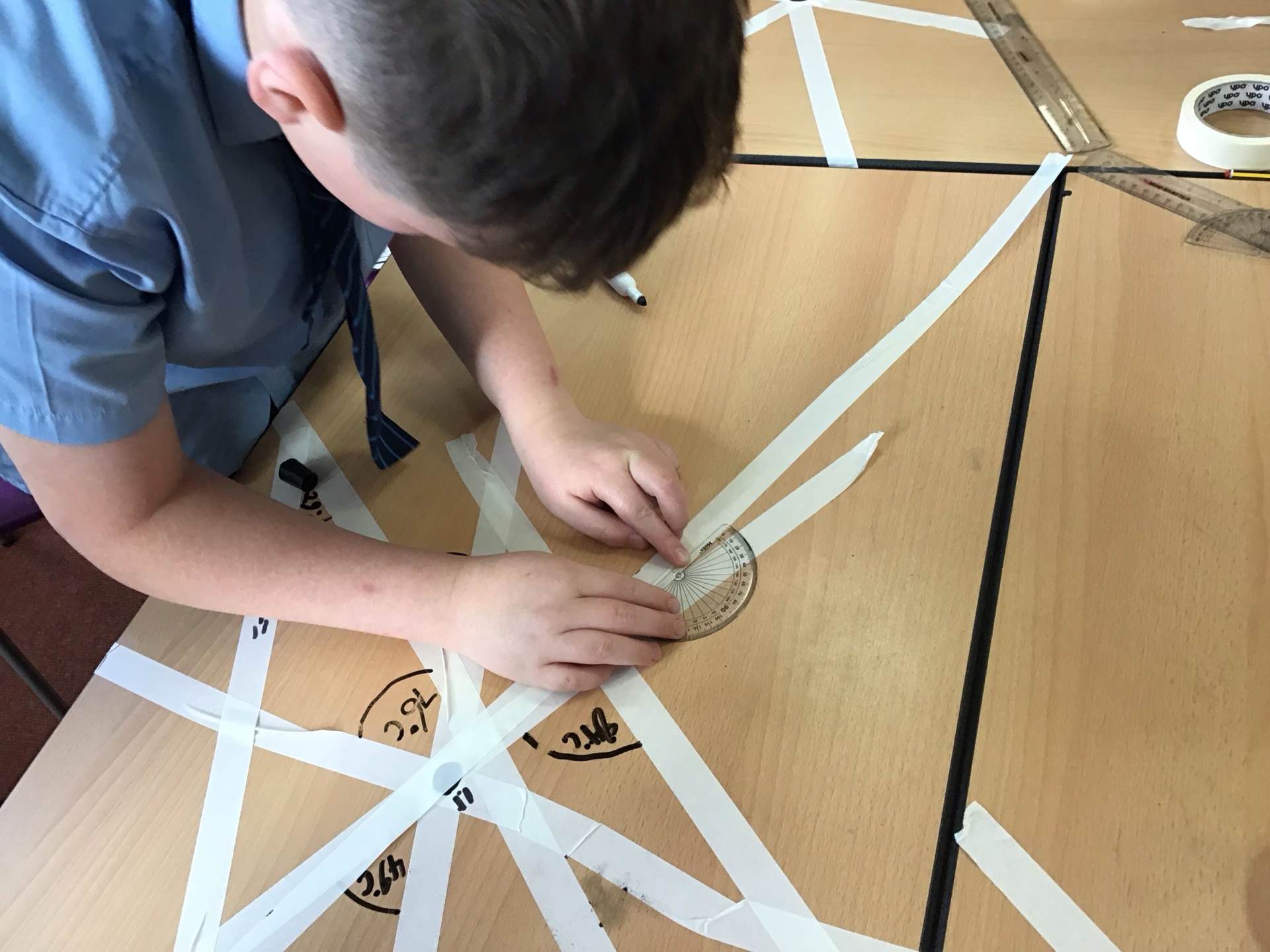 |
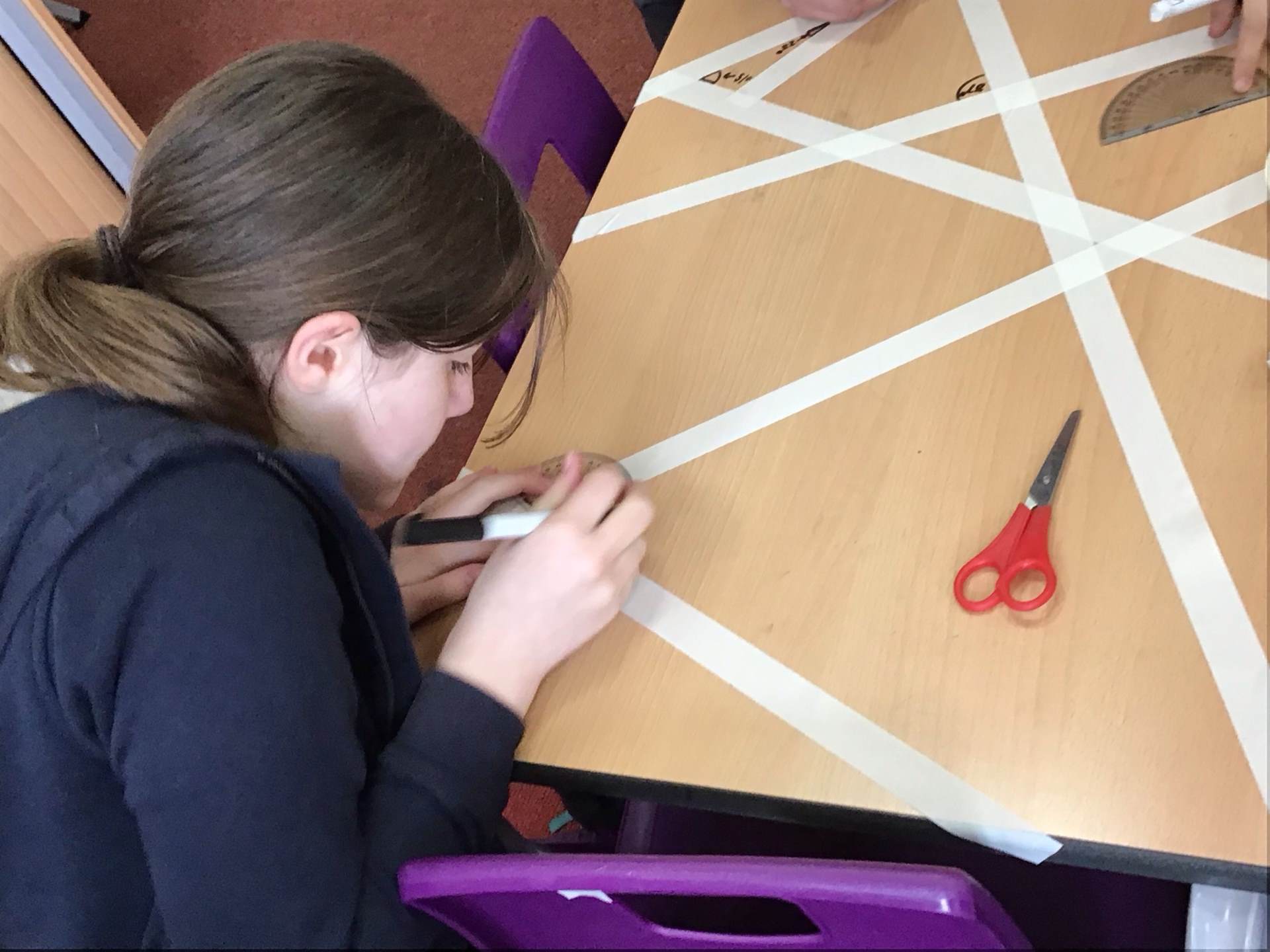 |
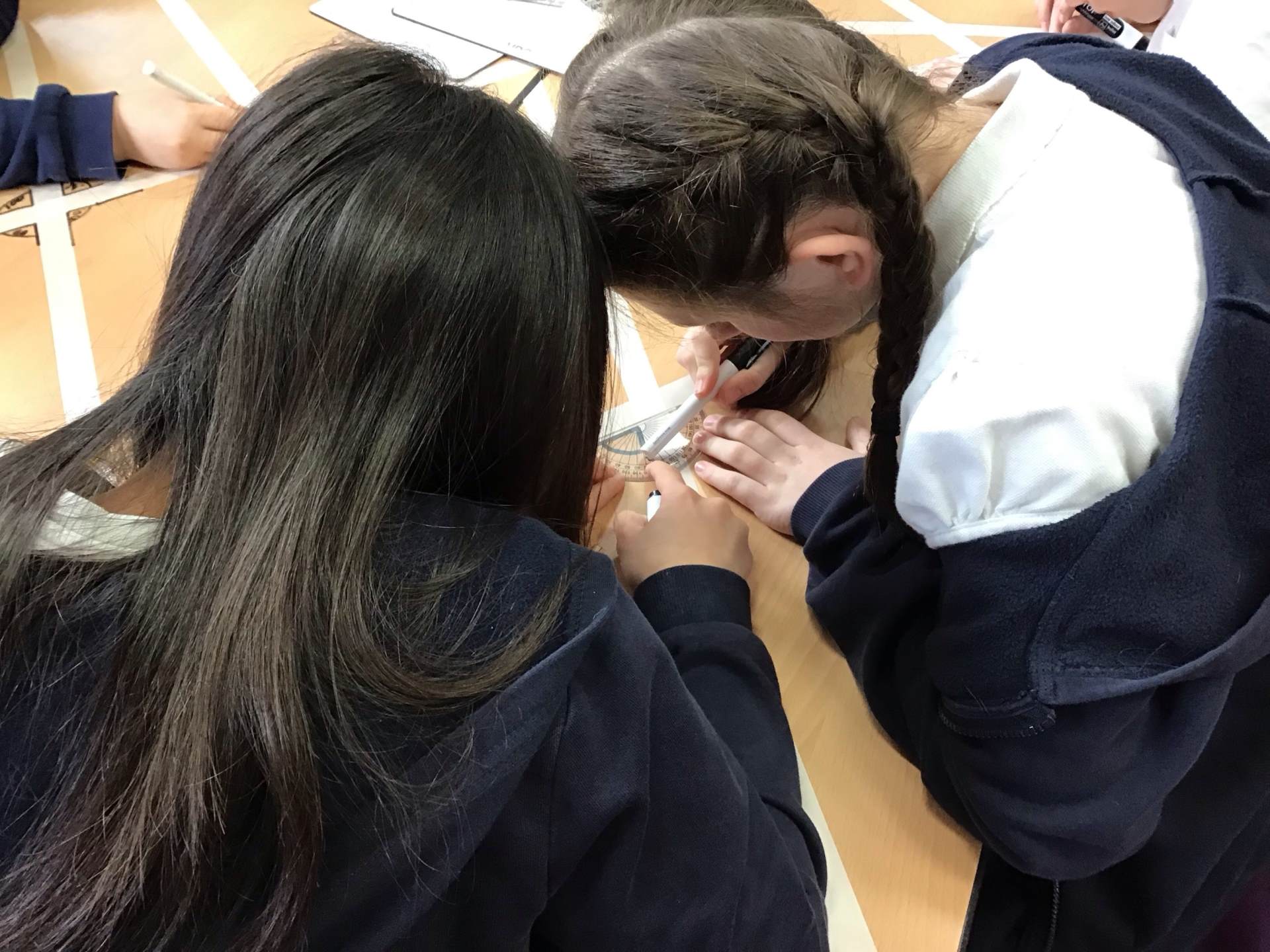 |
What is the CPA approach?
The concrete-pictorial- abstract approach allows children to firstly explore concepts using practical resources such as counters and cubes. Once confident, they can then start to represent their mathematical understanding using pictures and diagrams before finally moving onto written calculations and methods.
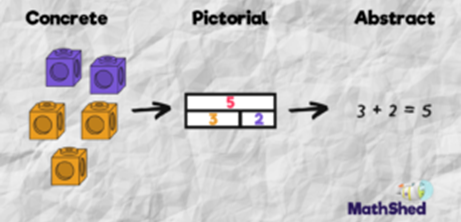
This sequence of learning is outlined fully in our calculations policy.
Mathematics at Mount Pleasant
National Curriculum
We teach the National Curriculum for mathematics which aims to ensure that all children become fluent with number, can reason mathematically and solve increasingly complex problems.
In Key Stage 1 children are taught:
- Number and Place Value
- Addition and Subtraction
- Multiplication and Division
- Fractions
- Measurement
- Geometry
- Statistics
In Key Stage 2 children are taught:
- Number and Place Value
- Addition and Subtraction
- Multiplication and Division
- Fractions, Decimals and Percentages
- Ratio and Proportion
- Algebra
- Measurement
- Geometry
- Statistics
Fluency
Mathematical fluency is vital and it is important that children are able to commit key facts to their long-term memory and use these flexibly. We support the teaching of these within daily maths lessons, arithmetic lessons and through 'Maths Challenges' in Year 1-6.
The Maths Challenges have been designed at an age-appropriate level and include key arithmetic skills for each year group. These include recall of number facts, for example, number bonds and times tables and opportunities for children to use them to calculate and work out unknown facts. It also includes the development of arithmetic skills with the four operations including with fractions, decimals and percentages within Key Stage 2.
Reasoning and Problem Solving
During units of work, we ensure children are provided time and opportunities to apply their knowledge and skills to reasoning and problem solving tasks. Children demonstrate resilience and perseverance when solving problems and develop supportive, positive relationships when working collaboratively with their peers, within and beyond the classroom. Vocabulary understanding is essential; this is explicitly taught in lessons and used on class working walls. Sentence stems and reasoning prompts such as ‘True/false’ or ‘Spot the mistakes’ are used and children are supported in using age-appropriate vocabulary and reasoning phrases to communicate and justify their ideas. Any mistakes and misconceptions are celebrated and used as learning tools, with children showing compassion and respect to others when these mistakes are shared.
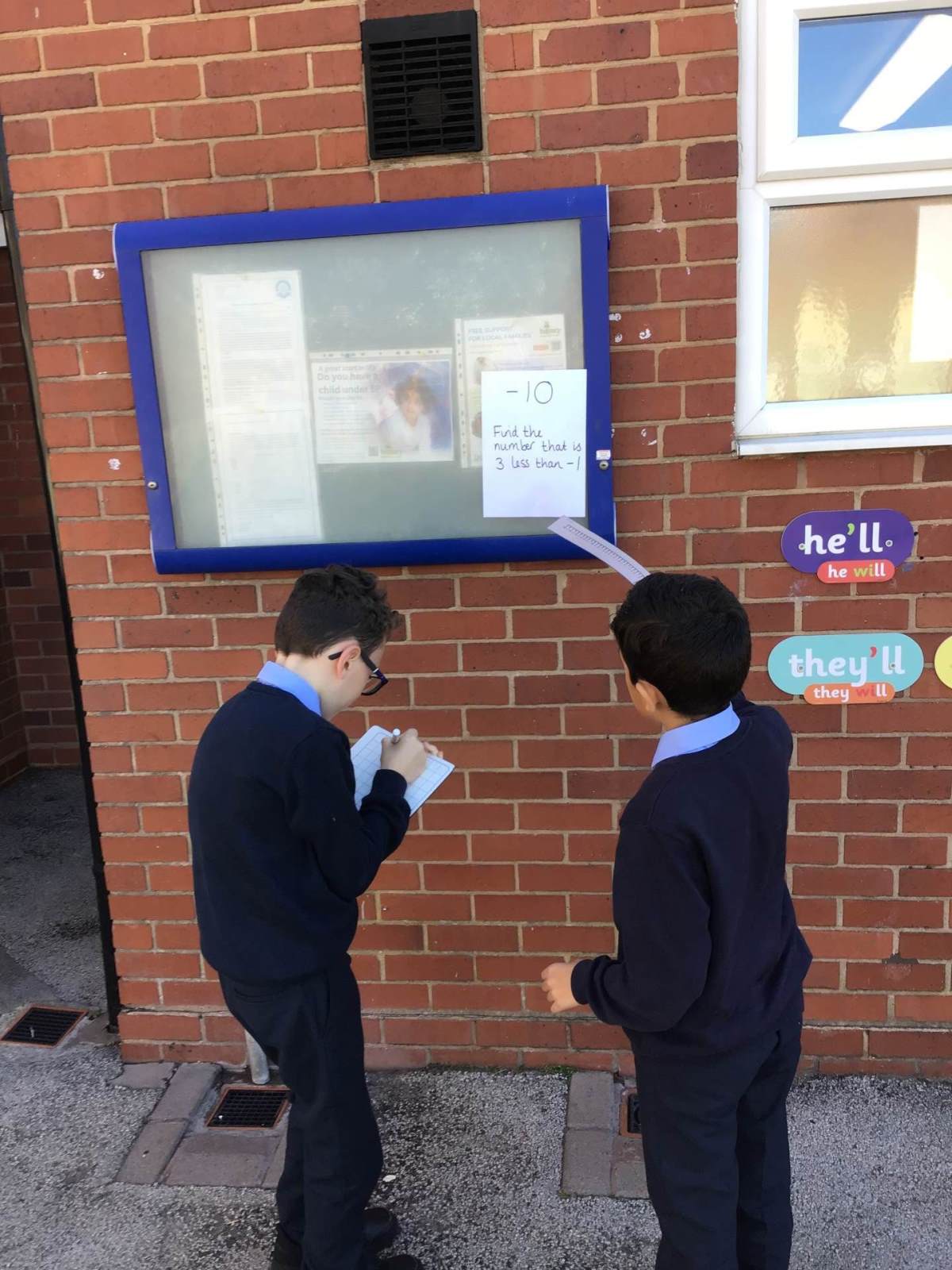 |
 |
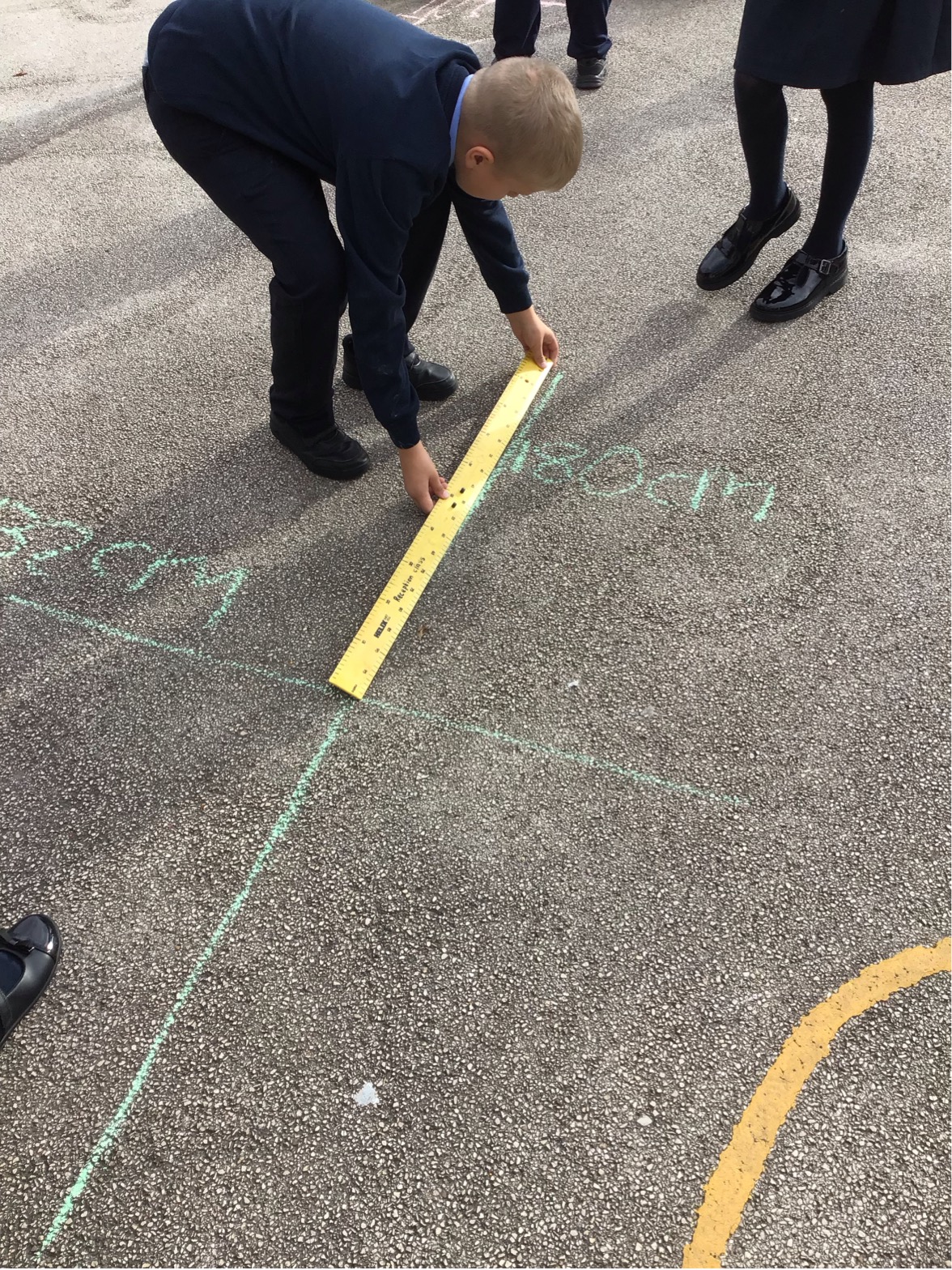 |
Mount Pleasant Mathematics Curriculum
We plan alongside the National Curriculum expectations and have a clear overview for the units within each year group. Our termly overviews ensure that skills and knowledge are built on year by year and sequenced appropriately to maximise learning for all children. It also allows children to understand how mathematics is an interconnected subject and provides opportunities for rich connections to made between topics in mathematics. We also believe it is imperative that children are applying their learning across the curriculum including in science, P.E and design and technology which includes our Christmas Enterprise projects.
As part of our science week, we have also invited STEM professionals to share their experiences of how mathematics is used in daily life; this is developing aspirations for our children to use their mathematics in the future beyond their time at Mount Pleasant.
Autumn Term 2025
- EYFS Autumn Term 2025
- Year 1 Autumn Term 2025
- Year 2 Autumn Term 2025
- Year 3 Autumn Term 2025
- Year 4 Autumn Term 2025
- Year 5 Autumn Term 2025
- Year 6 Autumn Term 2025
Spring Term 2026
- EYFS Spring Term 2026
- Year 1 Spring Term 2026
- Year 2 Spring Term 2026
- Year 3 Spring Term 2026
- Year 4 Spring Term 2026
- Year 5 Spring Term 2026
- Year 6 Spring Term 2026
Summer Term 2026
Home Learning
To support number fluency, children are expected to practise their Maths Challenges as part of our home learning policy. Children are given a copy of their current challenge to practise regularly.
Use the link below to our Maths Challenges:


